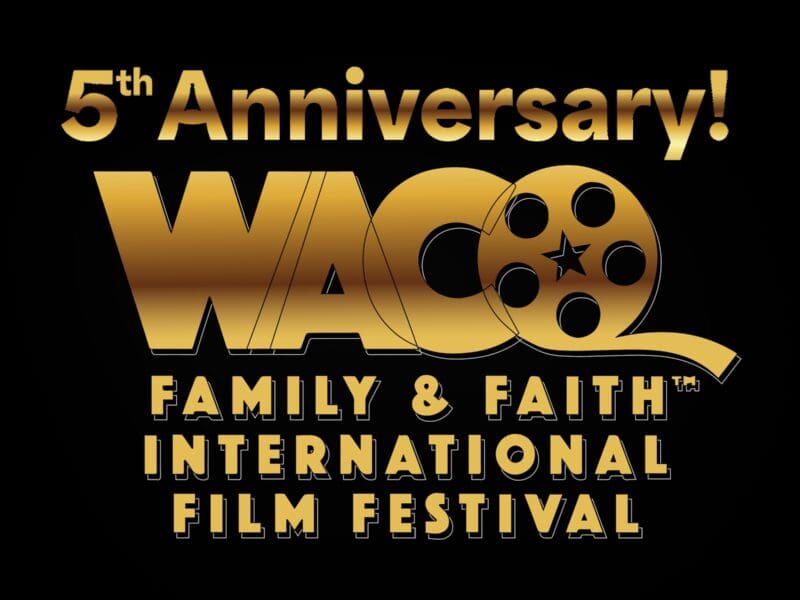
Evolution of African Cinema | Road to Progression
Article Written by Frank Nosa
African cinema has been on the brink of a major shift for the last decade. The transformation left a mark on the landscape and continent.
The African cinema witnessed a massive change in storytelling and narrative. Not only the filmmakers challenged themselves, but they pushed the envelope for the much-needed shift in narrative.
Filmmakers dared to focus on nuanced and multifaceted perspectives on Africa. It showcased the struggle and despair while highlighting beauty, diversity, and complexity. It enables the stories to become relatable and interesting for the global audience and gives a new viewpoint from otherwise preconceived notions.
Each film, one at a time, brought much-needed change. Timbuktu remains a notable name of change in the history of African cinema. The film was directed by Abderrahmane Sissako and poignantly portrayed life’s challenges under the extremist rule in Mali. The movie sheds light on the struggles of the locals and their resilience and provides a powerful critique of radical ideologies. The movie was nominated for Best Foreign Film at Academy Awards.
In this decade, we have seen directors such as Ava DuVernay create a storytelling experience with her powerful voice. She is not African-born, but her love for the country can be seen in Selma & A Wrinkle in Time. The movie depicts the diaspora experience with a stark and unabashed narrative. She is unapologetic and tells stories with cultural pride and empowerment.
The Figurine and October 1 by Kunle Afolayan explore Nigerian culture and the complexity and richness that come as a package. His storytelling and pride in cultural heritage have inspired Nigerian filmmakers to explore the different issues and segments of society and talk about change through movies.
In 2019, Atlantics by Mati Diop grappled with the audience at Grand Prix at Cannes Film Festival with the story of young women. They were left behind by their male counterparts to explore opportunities and cross the ocean. The movie highlighted the issues of gender biases, migration, and societal expectations.
Rafiki sparked the taboo and conversation for LGBTQ+ rights in Africa. Directed by Wanuri Kahiu, the movie explores the life and romance of two young women and the challenges faced in their region. The movie was received for its bravery in Canned Film Festival while it received backlash from censorship in the continent.
The progress of African cinema has had a far-reaching impact, extending beyond cultural enrichment. These movies highlighted the life and challenges in the continent while the beauty and resilience of the land. The film industry has catalyzed economic growth, job creation, talent development, and international investments.
Meanwhile, African films are gaining recognition on global platforms; they also attract attention, funding, and partnerships that contribute to the growth and sustainability of the industry. Humanitarian organizations have eyes on some of the health, illiteracy, and famine crises. They are reaching global communities to combat the issues in some underprivileged and neglected parts of the continent.
In this time, when the world is turning towards African cinema, more African directors and storytellers need to be brave towards the concept of telling the good, the bad, and the real Africa. It is high time that Africa rides the big wave of change and works towards development, growth, and enrichment to combat famine, injustice, poverty, illiteracy and other socio-economic issues.







